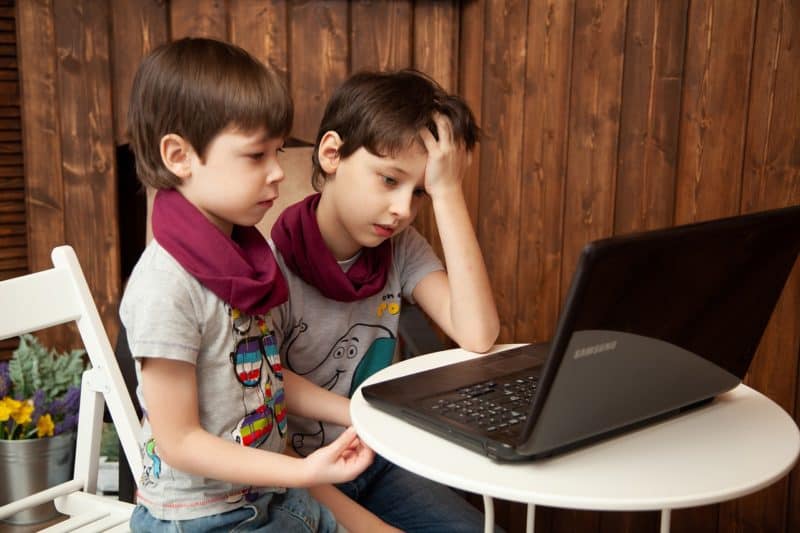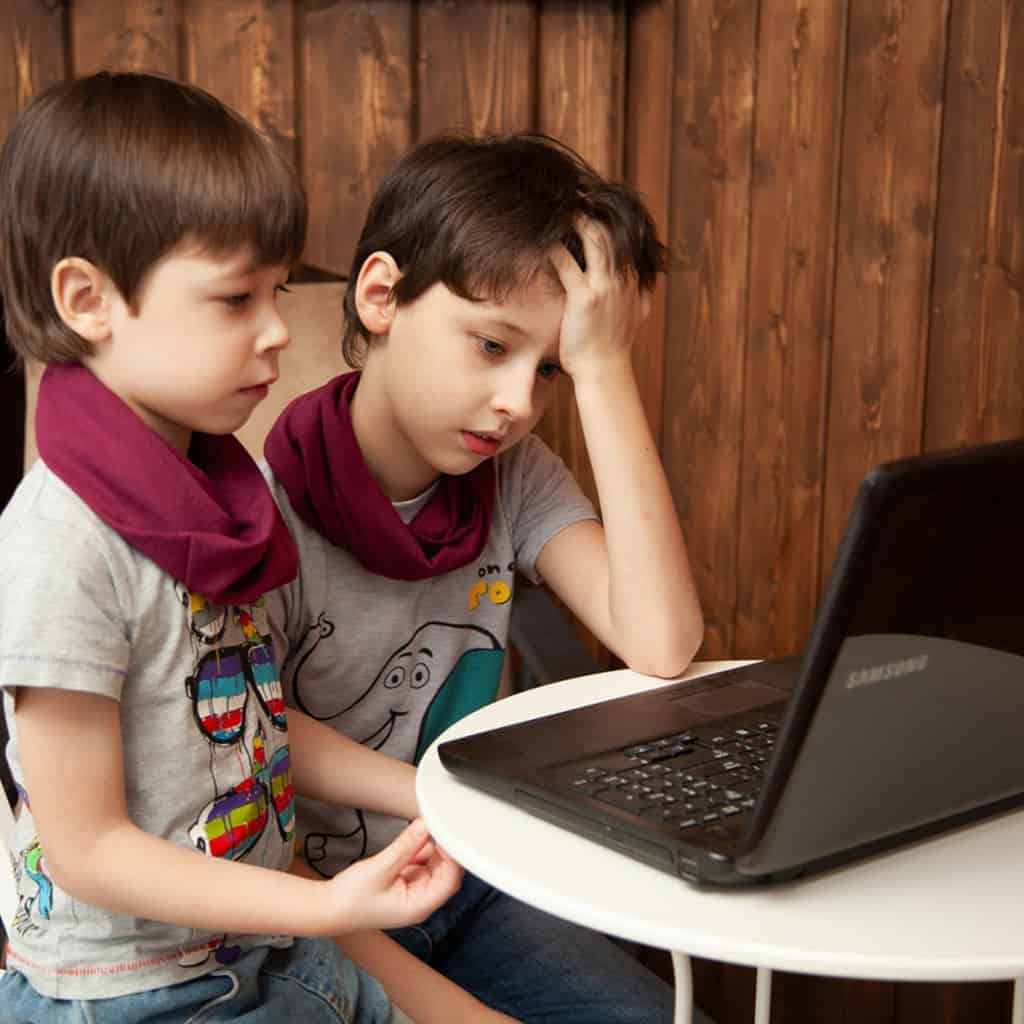With the new school year underway, and the revised computing curriculum settling into its stride, AVG Technologies, the online security company for more than 200 million monthly active users, has released new research revealing the extent to which parents are over-reliant on teachers and schools to educate their children about online dangers.
8 in 10 parents says teachers are responsible for teaching internet safety
The study, conducted among 2,200 UK parents, reveals that over eight in ten (84%) believe teachers are most responsible for educating children about online risks, yet even more (89%) parents do not speak with their child’s teacher about their internet usage away from home.
As a result, this disconnect has led to the majority of parents (81%) simply assuming their child has not encountered any dangers online at school – something further findings from the study (see boxout) prove is not the case.
Online Safety in Schools Survey

However, results published earlier this year by Ofsted in its 2015 Online Safety in Schools Survey, reveal that schools also need to do more to encourage communication between teachers and parents – with only 9% of primary schools and 10% of secondary schools involving parents in the writing of current online safety policies.
Who is responsible?

The findings suggest that the inclusion of online safety education into the standard ICT curriculum last year has left room for parents to sit back and let schools pick up the slack to ensure children are properly equipped to safely and securely navigate the online world.
Tony Anscombe, Senior Security Evangelist at AVG Technologies, explained:
“There’s no doubt that the introduction of online safety education into the national curriculum is a great step forward for teaching today’s digital generation, but it’s important to remember that children’s learning is not just contained within the classroom. While teachers certainly have a big role to play in children’s education, parents must ensure that the same lessons are echoed and reinforced at home.
“Just as we teach our children to avoid physical dangers – such as crossing the road – parents must also be mindful of not forgetting to address the digital dangers that can be equally harmful too. By taking a more active role in their children’s online safety education parents will ensure their children are equipped with the skills to navigate online dangers as safely as they can walk to school.”
Further findings from the research and advice for parents on how to improve online security for their children, along with blogs from Anscombe, can be found at http://now.avg.com/.


I am really lucky that our school run courses for both kids and adults on Internet safety. I always chuckle when I get a note home explaining what a social media site is
That’s good to hear, the internet can be such a scary place we need to educate everyone. I know exactly what you mean on that one!!